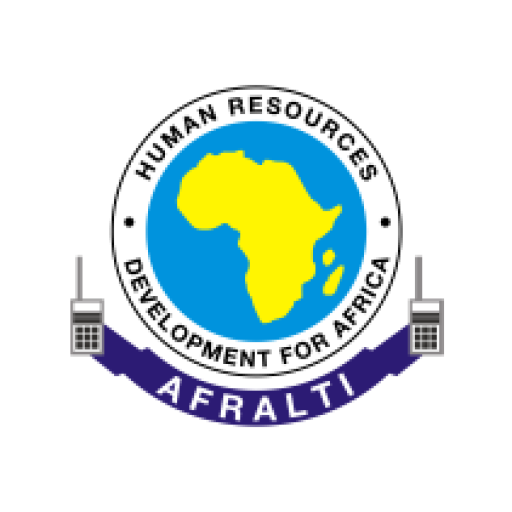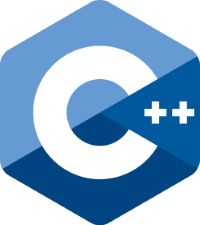C++ is a general-purpose programming language designed by Bjarne Stroustrup as an extension to the C language, with object-oriented data abstraction mechanisms and strong static type safety. Compliance with the C language at the source code level remains one of the primary design goals of subsequent language standards. Since 1998, the ISO / IEC 14882:1998 standard (Standard for the C + + Programming Language) with minor amendments approved in 2003 (ISO / IEC 14882:2003) have remained applicable. In 2009, a new standard was announced (known as C++0x), which came into effect as of 12 August 2011.
It is a highly developed programming language in terms of operators, simplicity, and ease of notation. This allows for data abstraction and the use of several programming paradigms: procedural, object-oriented and generic. It is characterized by the high performance of the object code, direct access to hardware resources and system functions, ease of creation and use of libraries (written in C++, C, or other languages), independence of any specific hardware or system platform (which ensures high portability of source codes) and a small execution environment. It is mainly used in applications and operating systems.
The C++ language can be used for building higher-level applications with graphics libraries, applications to communicate with network devices and computer network simulators as well as remote device systems and network management.

